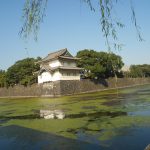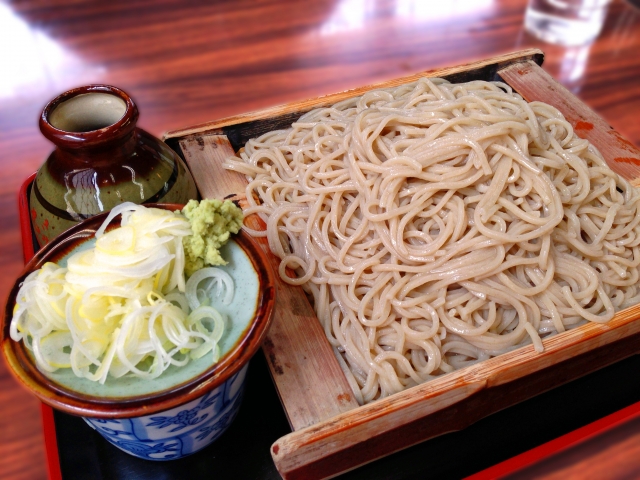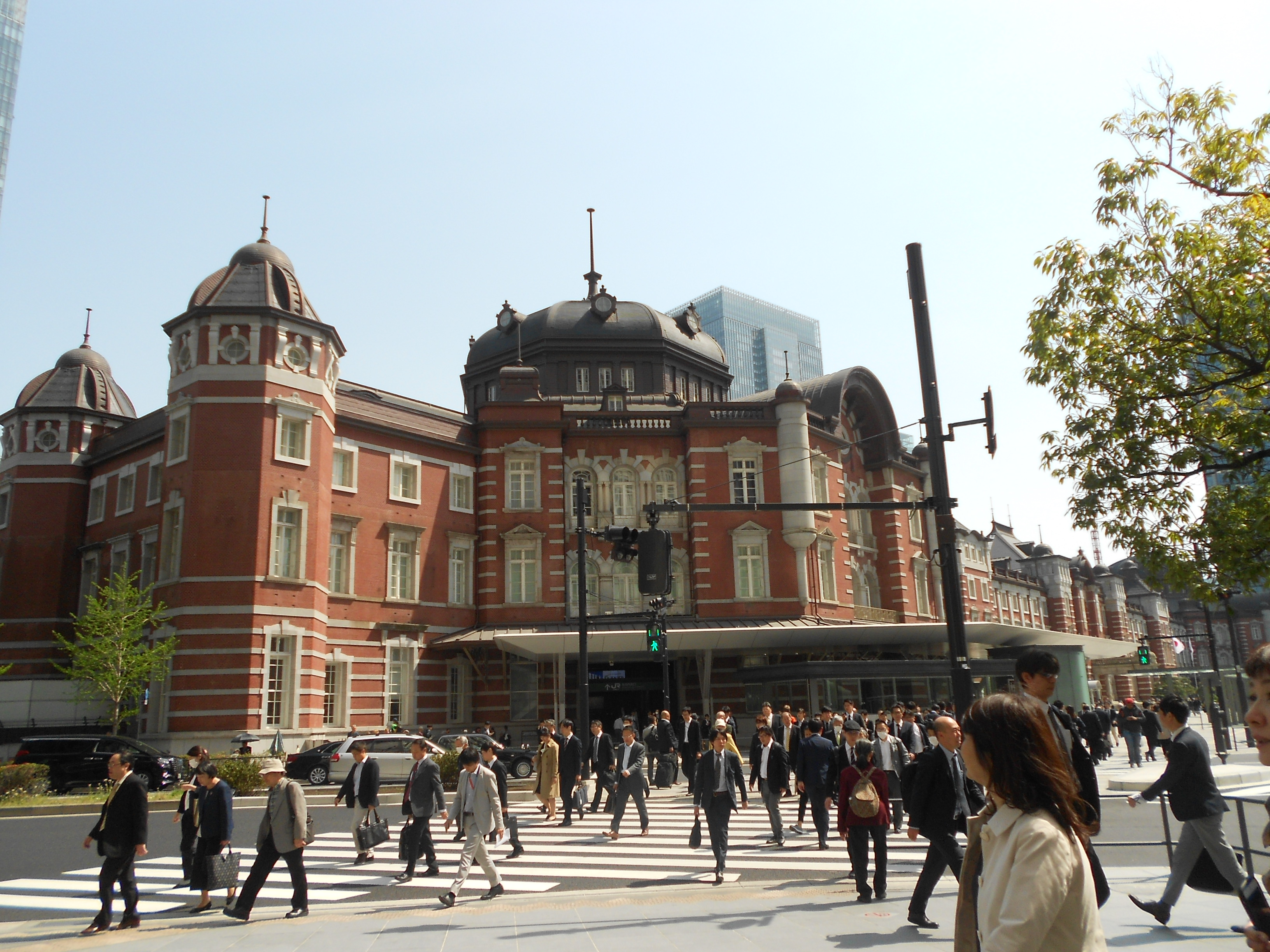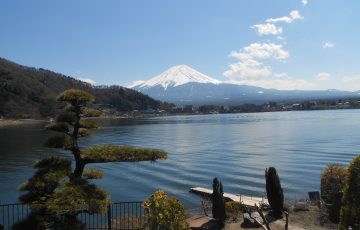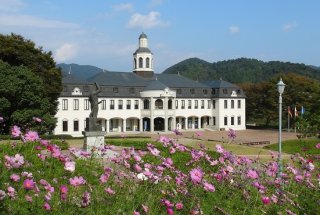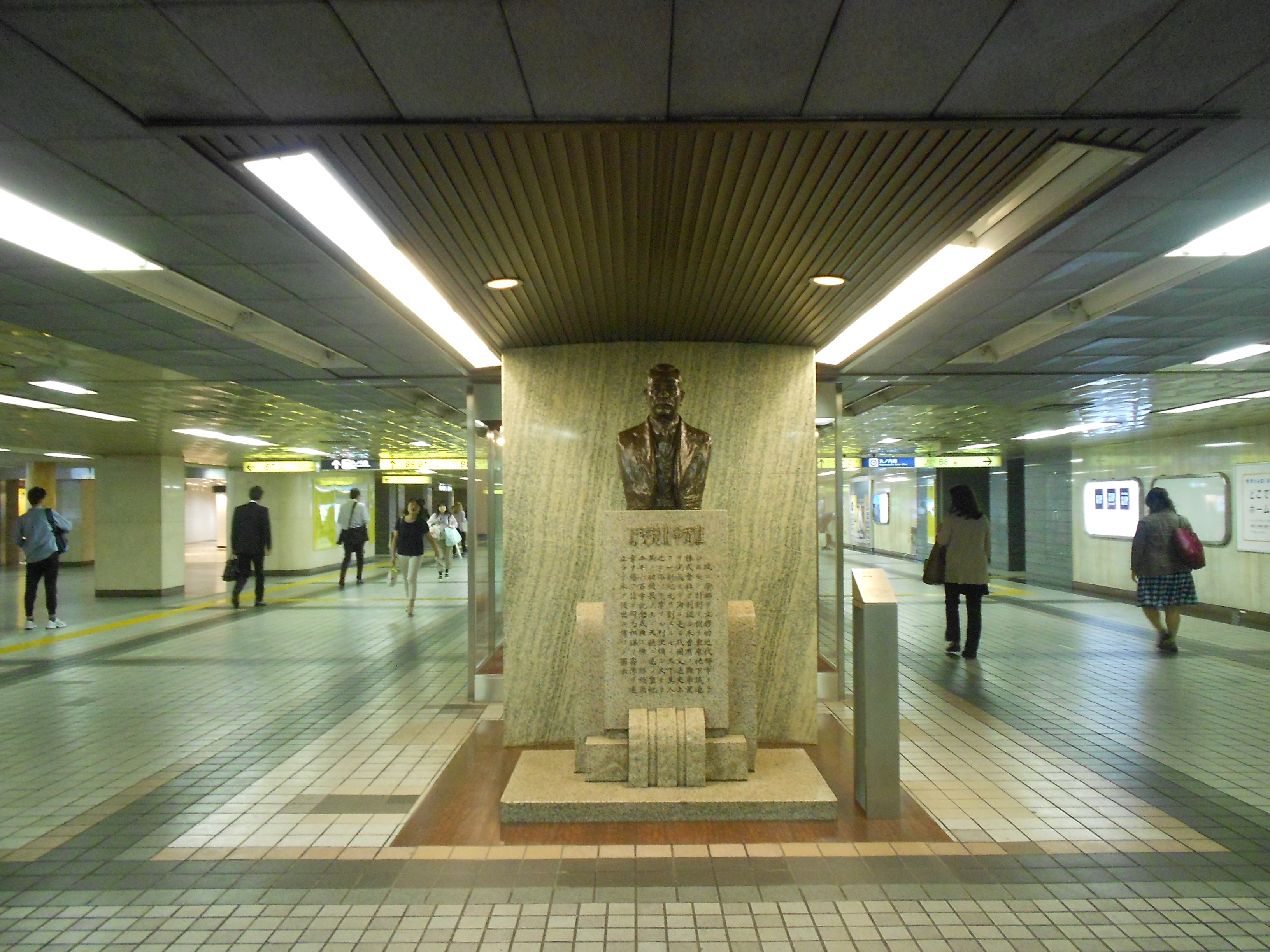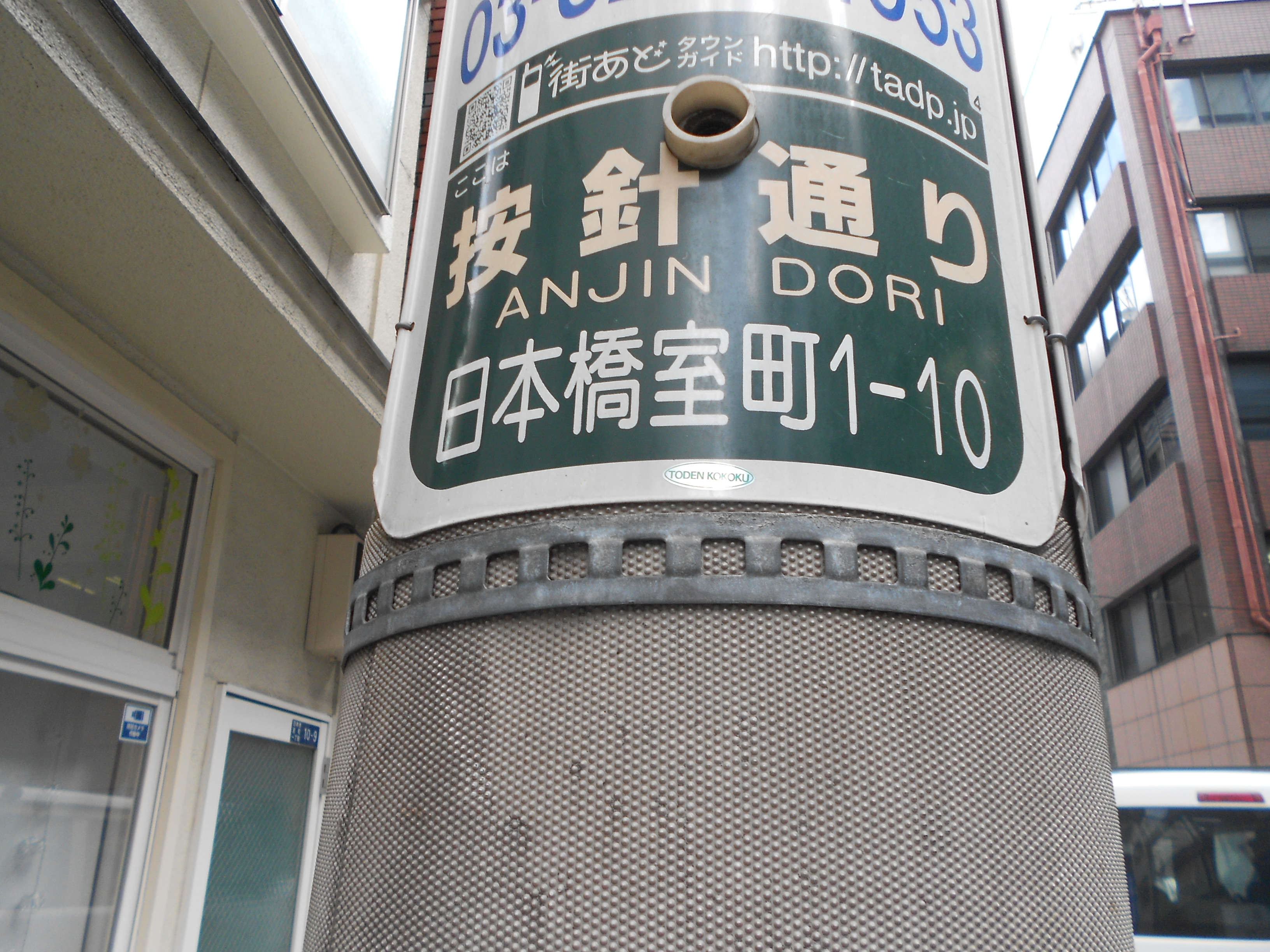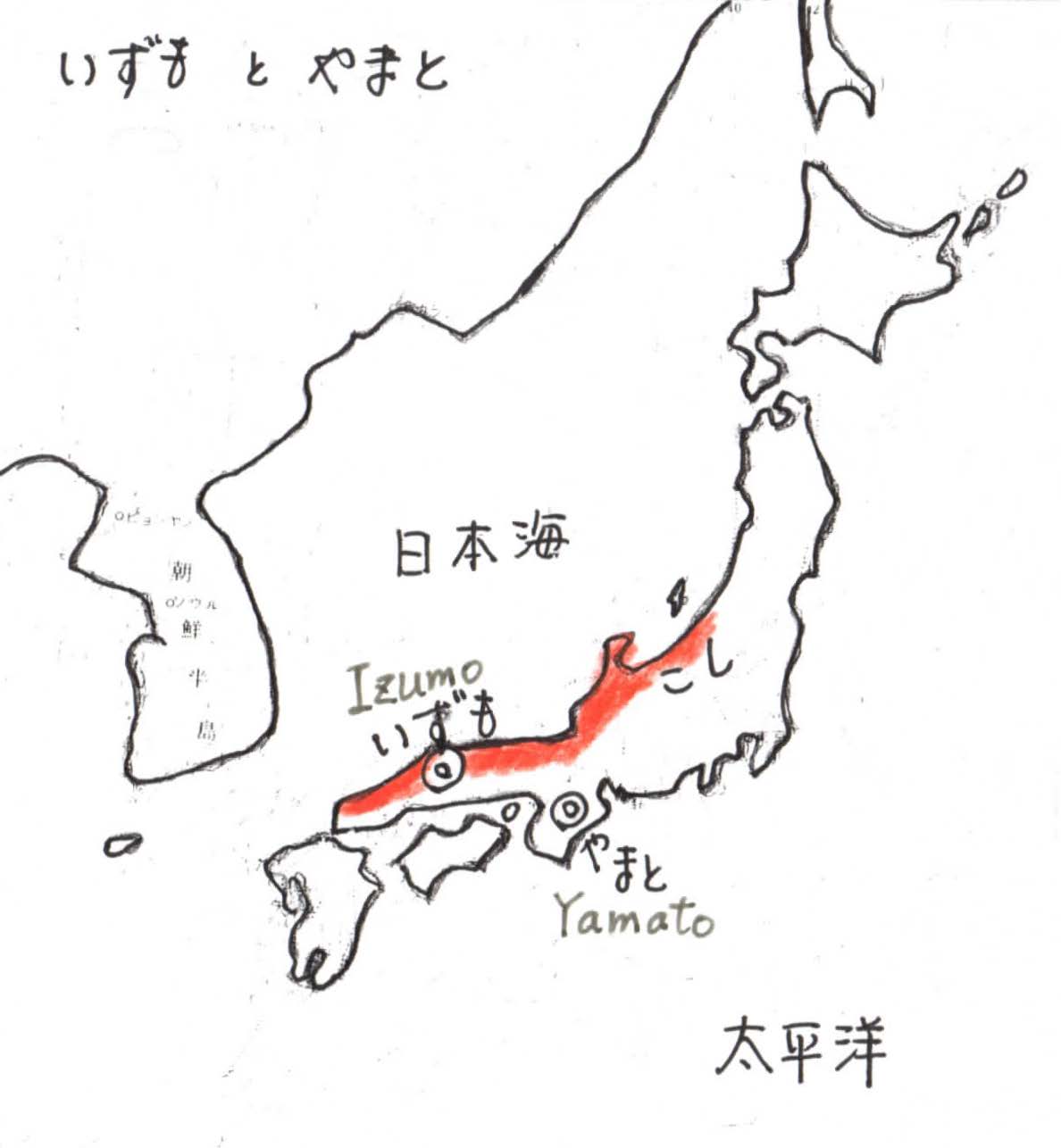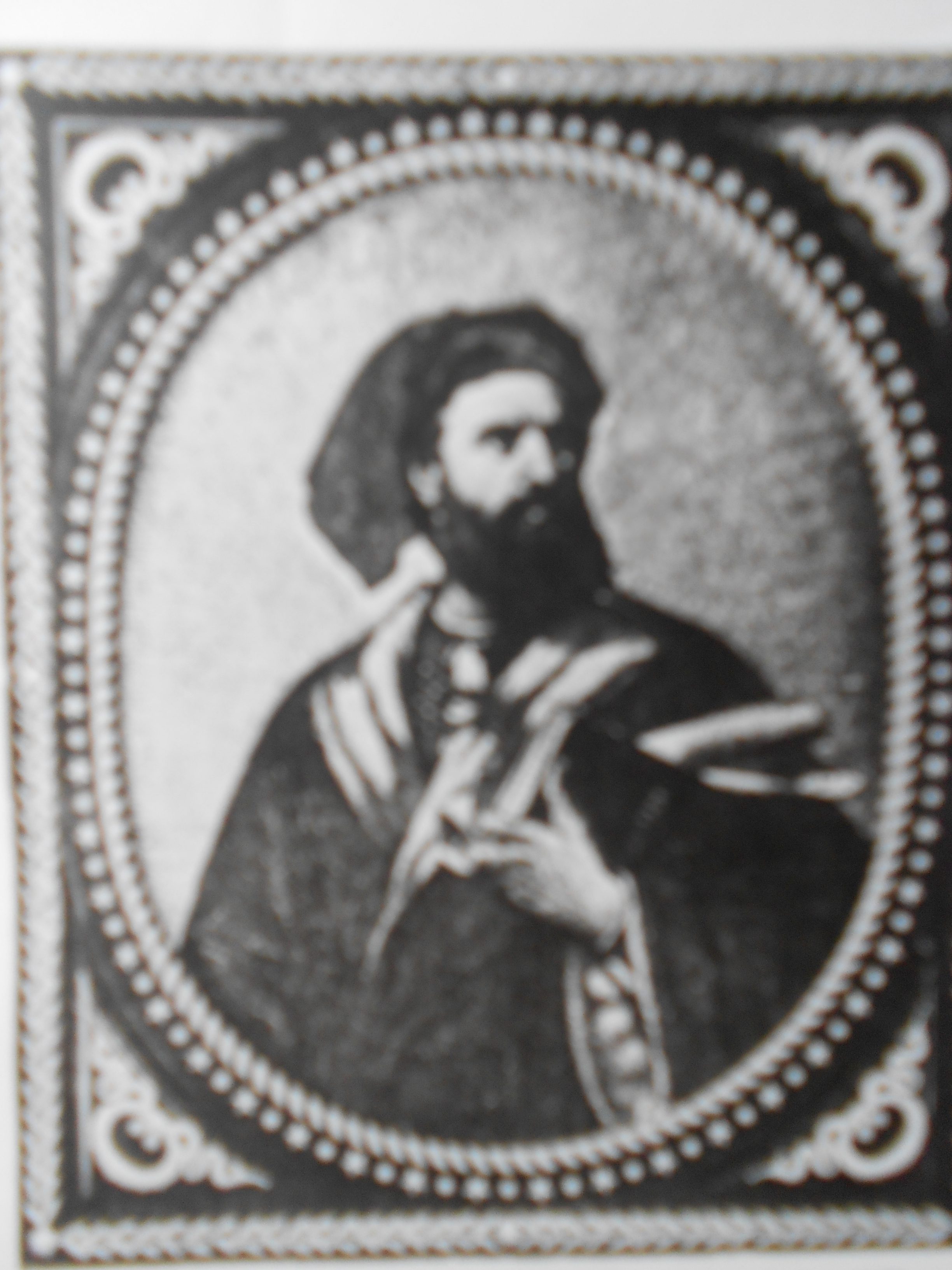In 1980s Japan’ s Prime Minister, Nakasone Yasuhiro, wanted to develop a casual relationship with the US President, Ronald Reagan, a “Ron and Yasu” relationship.
In 2021 the US President, Joe Biden, and the Japanese Prime Minister, Suga Yoshihide, had the first meeting and addressed each other “Joe and Yoshi”.
In Japan it is impolite to say a person’s given name, for example, to call Mr. Suga, “Yoshihide”. Generally we put “san” after a family name and say more formally “Suga san” ( or “Prime Minister”).
For Japanese, we usually say “Mr. Biden” as a translation of the Japanese “Biden san”, but “Mr. Biden” has a stiff feeling in the US.
The feeling is very different in the US and Japan. Especially in Japan the given name ( first name) is not used except with close friends. At school we say “Teacher”, “Principal teacher”, and in a company we say “Section chief”, “Department manager”, and notice that we do not say even the family name to superiors.
☆ 1 Among family members we call each other by “a role name”.
Only when a person is the youngest in the family, he is called by his personal name, for example, “Ken”. For the other family members, “(Ken’s) Father, Mother, Grandma, Sister” become each one’s “name” and they are called by these ” role names”.
For example, Ken ‘s grandmother calls Ken’ s mother “Okasan (mother)” and calls Ken’s sister “Onesan (sister)”. Even between husband and wife, her husband calls his wife “Okasan (mother)” because she is Ken’s mother, and his wife calls her husband “Otosan (father)”. Only the youngest person is called by his given name, and the others are called by their “role names”.
Another example, when the brothers of Wakanohana and Takanohana (old famous Sumo wrestlers) were young, as Wakanohana was the older brother of Takanohana, all Somo fans in the whole country called him “Onichan (older brother)”.
☆ 2 In companies superiors are addressed by their “title”.
It is impolite if an employee calls the president “Tanaka san (Mr. Tanaka)”. To a superior everybody should call him by the “title” of his position like “President, Department manager, Section chief” etc. And since the position changes from time to time, we must know the right name of his job title of that time.
A section chief calls an employee by his last name, “Sato san (Mr. Sato)”. Among employees speaking to each other, “Sato san” too, but not his given name.
☆ 3 We do not say real names, but an address or something around them.
When I was young, I called my uncle by the name of his city, “Uncle of Fukuoka (city)”. In the drama a teacher may be called not by his name but “Teacher of Masago-cho (town)”.
In the case of upper-class people until the Edo period, for example, “Tonosama” (Lord, meaning “residence”), “Uesama” (Master, meaning “upper” ), “Mikado” (Emperor, meaning “gate” ), ”Midaidokoro” ( a formal wife, meaning “kitchen” ) etc. They tried to express with something around them, not to use their real names.
There are few people who know the name of the present Tenno (Emperor) in Japan because he is always called “Tenno” , not by his real name.
☆ 4 “A real name” and “a common name”
Among the Samurai, from Kamakura period to Edo period (12C~19C ), there was a custom of “Imina” (real name) and “Azana” (common name) (this was the custom from China). They were called not by their real names but their common names.
For example, Saigo Takamori was called by his common name “Kichinosuke”. His real name was not well known. When Meiji Tenno wanted to award him a decoration, nobody knew his real name. He was not in Tokyo. His friend who was asked Saigo’s real name answered “maybe ‘Takamori'” and ‘Takamori’ became famous as his name. But it was not his name but his father’s name.
Since then “Takamori” became popular.
☆ 5 Why we cannot use the real name?
The “Name” was a person’s personality itself, and in ancient times it was a “taboo” to use the real name. (*1 ) (Modern Japanese people do not realize ” the sense of taboo” because of the influences of English and other cultures. But actually we notice that we are not using names as much as possible, so probably we still have the ancient feeling somewhere.)
(a) Native Americans in North America, too, had a custom that people’s names were their valuable “Property”, and they were not easily called by their real names.
(b) In the past in Thailand and Burma, there was a custom that they should not say or write the king’s name. (*2 ) Like in Japan, people in the royal court seemed to have been called by their titles. It was well known that “Japanese town” was formed in Siam (present Thailand) at the beginning of the Edo era and Yamada Nagamasa was living in that town. I read that a Japanese scholar who was studying about Yamada Nagamasa and that time wrote Siam’s senior official names were expressed in terms of titles and often changed, so it was not easy to know who they were.
(c) The “Ainu” inhabitants in northeastern Japan in old days “avoided using the real names of superior people. Using a real name seemed rude like taking off his clothes and making him naked. Of course, these senses and customs were also in Yamato Japanese. ” (*3 )
(d) In the ancient Japanese poetry, “Manyoshu” (8C), there was a poem meaning “Please let me know your name” to an unmarried woman. This was a proposal poem to get married, and if the woman let him know her name, it meant “OK”. Normally it seemed that the name of women should not be known by other people. (*4 )
☆6 Always wearing some kimono
In order to avoid saying the real name, another way of addressing a person was necessary. So people were called by a position, title or something else. They were always connected with other people in a social relationship “as some role”, so whenever they talked to a different person, they had to change “the mask” (“Persona”) every time, depending on the person talked to. In the society of a village, “you were a role in some group in the village”, at home “you were father”, or in a company “you were a department manager”.
First there was some place you belonged to, and then you were some role. Everyone wore something – a kind of kimono. Nobody was “naked”. There was no equal relationship between an individual and an individual.
☆7 Great Mother Nature first
In Japan, many people think that a “Great Nature” came first with mountains, rivers, fields, trees, etc. and that animals, human beings, all the living things, live in this world equally, and that men are not special existence, men are not in the center of this world.
People live protected by surroundings, the “Nature”. So a village society came first in the “Nature”. This society did not move. People were born in that society later, so the relationship in the society was important. The role was more important than an individual. (*5 )
Then why do the American people call each other by their first names? In European culture, as Christian culture was originally transmitted from around the Middle East, individuals were first and people gathered and a society was made.
I can imagine the scenes of some men who were crossing a desert in Arabia or movie scenes in the American Western dramas at the time of the founding of the United States. First came “himself” as the center. There was nobody he could rely on. He had to overcome the “severe nature” by himself, so “ his name” seemed to be the first . (*6 )
In a word
In ancient times a name was a personality itself and a sacred thing. Especially superiors should not be called by their names like their bodies should not be touched directly. Based on this, even in modern times in Japan we usually call by title names, not saying real names as much as possible.
――― (*) ———
*1 ” Japan Adventure 2 ” Umehara Takeshi, Kadokawa Shoten 1989
*2 ” The Paradox of Japanese History 1 ” Izawa Motohiko, Shogakkan 1993
*3 ” Nanohana no Oki 4 ” Shiba Ryotaro, Bungei shunju 1982
*4 “Women’s Names in Japan” Kadota Fumie, Education Company History New Books 1985
*5 The place to belong to comes first, so when we write our address and name on an envelope, we write from a big place to a small individual. For example ”Kanagawa prefecture, Yokohama city, Tanaka Hanako”. From a big to a small, so the family name comes first and an individual name at last.
*6 “The Japanese Culture” Ishida Eiichiro, Chikuma Shobo, 1987


